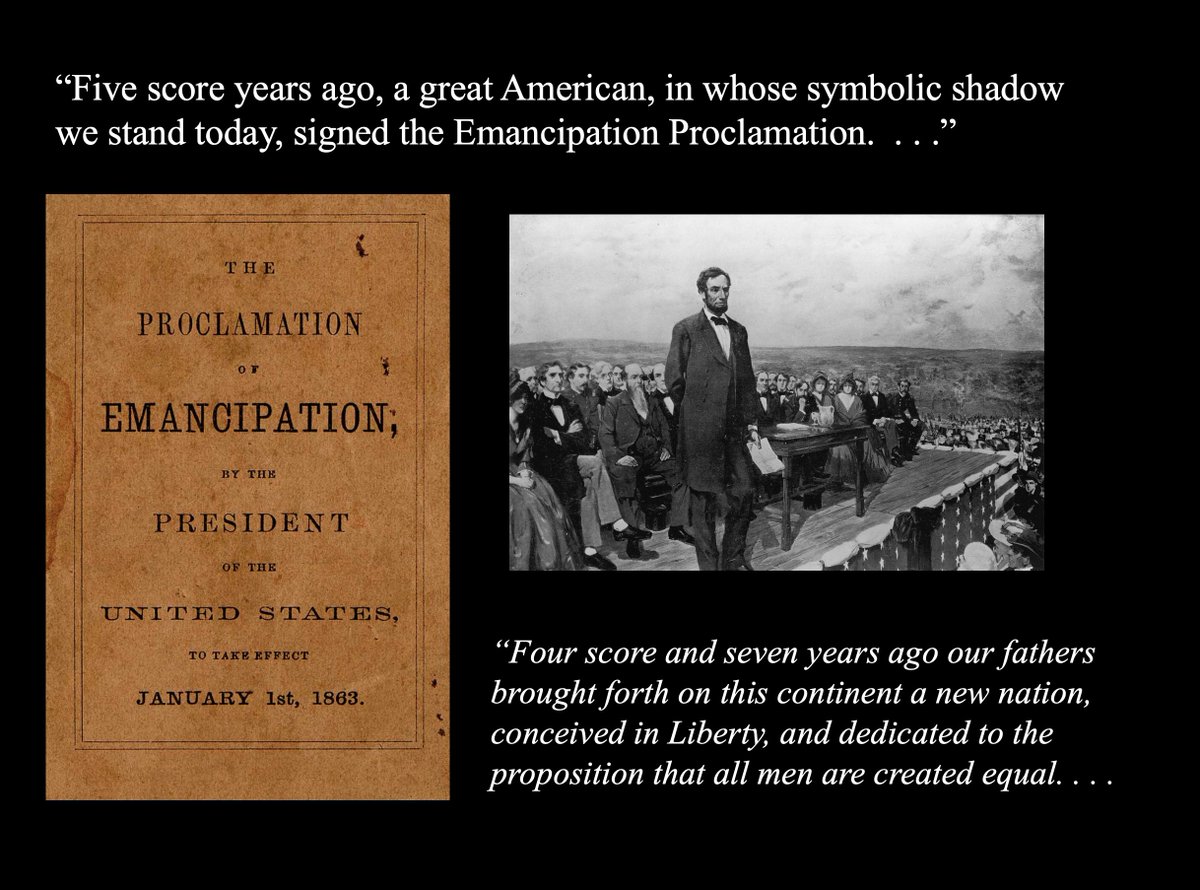PUBLIC DEBT HYSTERIA IN ITALY 🇮🇹
Each passing day, I'm more and more astounded at the hysteria surrounding public debt in Italy. This hysteria has country-specific peculiarities. In Italy it's somehow different from the US, the UK or Germany. 1/18
This means that the mkt for gov't bonds is controlled by a public authority:it's what usually occurs(and should occur) in every well-functioning modern economy(and democracy) 5/18
"Public debt is bad! It needs to be repaid! It's a burden on future generations!" FALSE
6/18
Blanchard: https://t.co/XlmW8kdJ70
Sheard: https://t.co/cAuYmyY0A4
Buffett: https://t.co/9WgTO7HVPX 8/18
https://t.co/BHdDT1d8oC
Politicians, economists and the media have been using distorted images of Italy and the Italian economy. How do we reduce these distortions? Niki Kowall and I make an attempt by writing about seven ("surprising") facts about Italy's economy. A thread: /1https://t.co/45xCF4xmVh pic.twitter.com/izjOGGIaOE
— Philipp Heimberger (@heimbergecon) June 25, 2020
https://t.co/ObFrc8JN6k
Italy has a long record of accepting EU laws against its national interest, like fiscal compact. Now it opposes a good reform - the ESM backstop to the resolution fund. - https://t.co/VKWTz4IeXi
— Wolfgang Munchau (@EuroBriefing) December 5, 2019
More from Society
Imagine if Christians actually had to live according to their Bibles.
Imagine if Christians actually sacrificed themselves for the good of those they considered their enemies, with no thought of any recompense or reward, but only to honor the essential humanity of all people.
Imagine if Christians sold all their possessions and gave it to the poor.
Imagine if they relentlessly stood up for the widow, the orphan, and the foreigner.
Imagine if they worshipped a God whose response to political power was to reject it.
Or cancelled all debt owed them?
Imagine if the primary orientation of Christians was what others needed, not what they deserved.
Imagine Christians with no interest in protecting what they had.
Imagine Christians who made room for other beliefs, and honored the truths they found there.
Imagine Christians who saved their forgiveness and mercy for others, rather than saving it for themselves.
Whose empathy went first to the abused, not the abuser.
Who didn't see tax as theft; who didn't need to control distribution of public good to the deserving.
"If they start canceling these American presidents, they're gonna come after Bible characters next. Mark my words" -- Fox News "news side" host Bill Hemmer pic.twitter.com/qTPV0NERv8
— Aaron Rupar (@atrupar) February 19, 2021
Imagine if Christians actually sacrificed themselves for the good of those they considered their enemies, with no thought of any recompense or reward, but only to honor the essential humanity of all people.
Imagine if Christians sold all their possessions and gave it to the poor.
Imagine if they relentlessly stood up for the widow, the orphan, and the foreigner.
Imagine if they worshipped a God whose response to political power was to reject it.
Or cancelled all debt owed them?
Imagine if the primary orientation of Christians was what others needed, not what they deserved.
Imagine Christians with no interest in protecting what they had.
Imagine Christians who made room for other beliefs, and honored the truths they found there.
Imagine Christians who saved their forgiveness and mercy for others, rather than saving it for themselves.
Whose empathy went first to the abused, not the abuser.
Who didn't see tax as theft; who didn't need to control distribution of public good to the deserving.






























